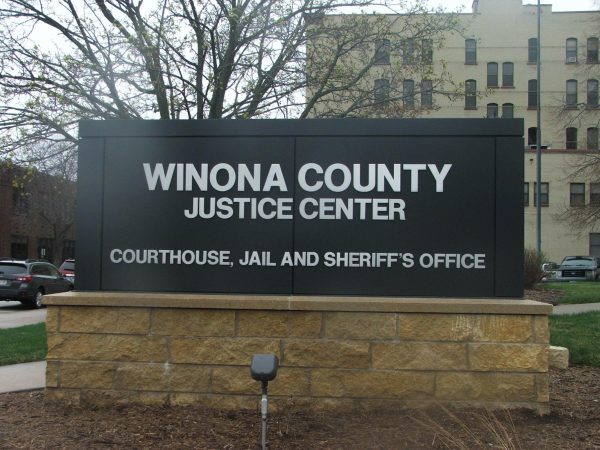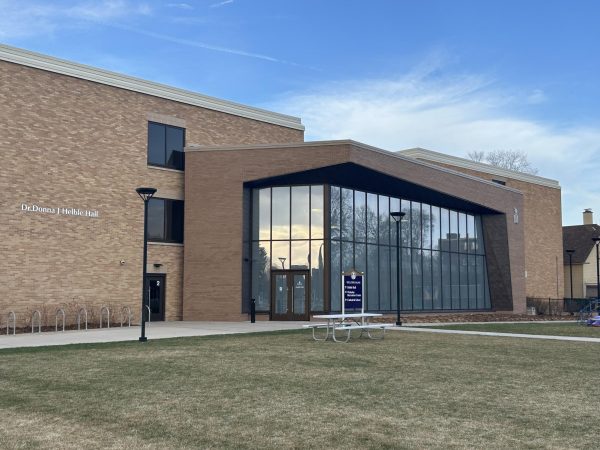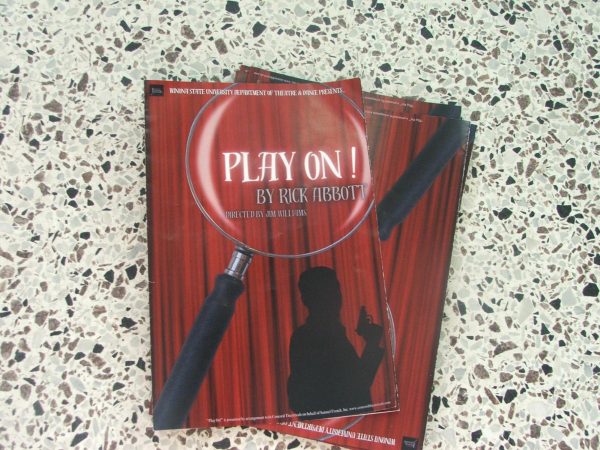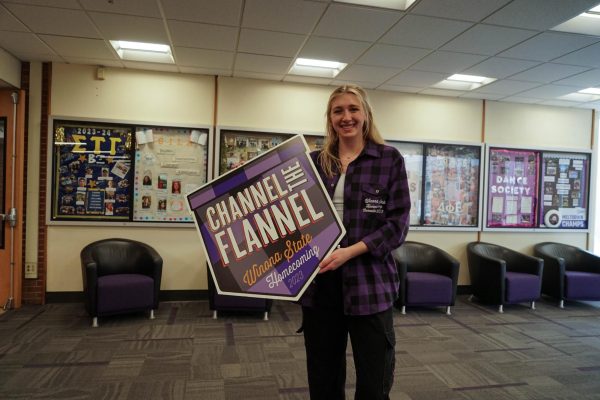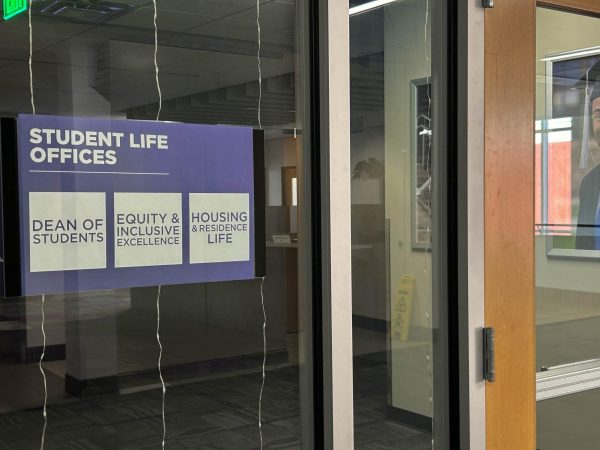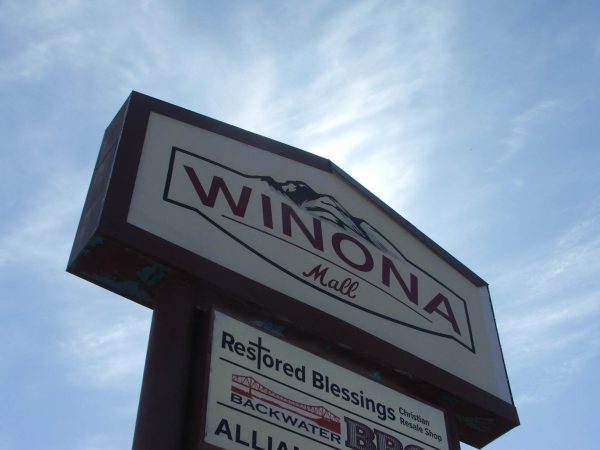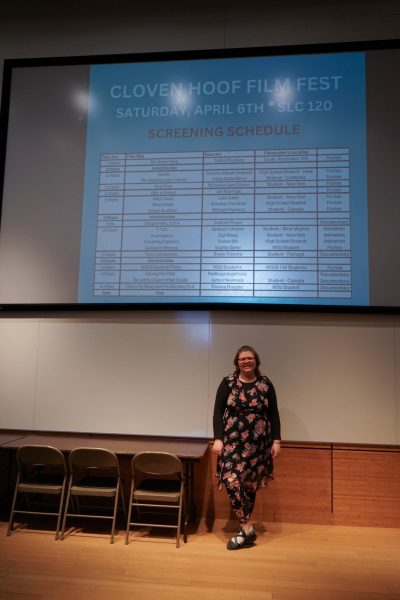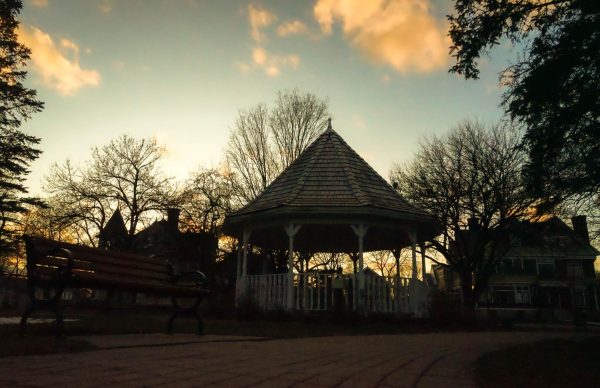20-hour parking law to be continued

November 29, 2017
During the Nov. 6 city council meeting, the Winona City Council decided to keep the 20-Hour Parking Ordinance as it is.
According to the law, vehicles parked on the street must be moved every 20 hours, or owners may be subject to fines and towing.
The law also states that vehicle owners have an additional four hours after their violation to discover it before a tow truck is called to remove the vehicle.
Before deciding to keep the law as is, the council considered changing the law from 20 hours to 72 hours.
This would have allowed community members who are gone on weekends more time to travel home rather than rushing back to move their vehicles.
Steve Sarvi, the city manager of Winona, commented on the council’s final decision.
“I think that because of the deliberation and the time we took, I think the right decision was made,” Sarvi said.
Sarvi doesn’t deny, however, that there have been problems with the ordinance.
“You don’t want to walk out of your house and have a camper or something parked there for days on end,” Sarvi said. “That isn’t fair.”
Though he agreed that there are issues with the law, he said that communication between neighbors is key to avoiding fines and towing.
“I think that having that conversation with your neighbor and being able to work together is the best way [to avoid a ticket or being towed],” Sarvi said.
Sarvi, the council and the Chief of Police Paul Bostrack, also agreed that changing the law would present issues for officers who would have to return to check vehicles.
“The officer that marks the vehicle has to be the same officer that writes the ticket,” Sarvi said. “The way that their shifts work would make it problematic to make the ordinance 72 hours.”
Winona Police Chief Bostrack agreed that a change from 20 hours to 72 hours would have been difficult for his officers.
“It’s cleaner because you don’t have two people trying to communicate back and forth about how the vehicle was marked and so on,” Bostrack said.
Bostrack also elaborated on the initial need for the law.
“I think it’s just to keep the street from becoming a long-term storage for cars,” Bostrack said. “It makes it easier for the street department to do maintenance and prevent complaints.”
Bostrack said that between Jan. 1 and Oct. 31 of this year there have been 269 complaints of 20-hour parking violations.
Of these 269 complaints, 82 citations were issued.
Although Bostrack agreed that the council made the right decision in leaving the law as is, he acknowledged it does have issues.
“The ticket itself is a relatively low cost,” Bostrack said. “But a tow can be roughly $100 give or take.”
In addition, Bostrack said that if any specialized towing equipment is used, fees usually go up.
Fees can also increase if a vehicle sits in impound for three or more days.
Despite the decision to leave the ordinance as is, Winona State junior life science education major, Ryan Michaletz, thinks a change to the law would have been nice.
Michaletz received a ticket his first year for violating the ordinance. After going out with a group of friends, Michaletz said he returned to a ticket on his car.
Michaletz said he was unaware of the law and that it happened early on when he first came to Winona.
Though he understands the difficulties in changing the law, he said that it would’ve been helpful if it were 72 hours.
On top of the alternate-side parking law, which is in effect from Nov. 15 to March 15, he said that the law makes it more difficult to find parking.
“The streets are already crowded enough,” Michaletz said. “To rearrange them every night and having to know the dates just makes it really confusing.”
Although the ordinance effects the entire Winona community, Michaletz said it’s especially hard on college students.
“It’s been hard for a lot of college kids especially in the winter,” Michaletz said. “They’re already dog-tired from studying and to have to stop to go move their car somewhere else is hard.”
Michaletz does understand the need for the law, but he still wishes a change could have been made.
“I do understand how it would be harder to put in the 72-hour law,” Michaletz said. “But there’s just very little leeway with it now.”
Despite the difference in opinion on whether the final decision was the right one or not, the police chief added that other small towns like Winona have similar laws.
“I think that we are the norm with the time limit that we’re at,” Bostrack said. “Having checked around various communities in the state I found them to be within that 20 to 24-hour time limit so I think it’s fine that it stayed the same.”





























































